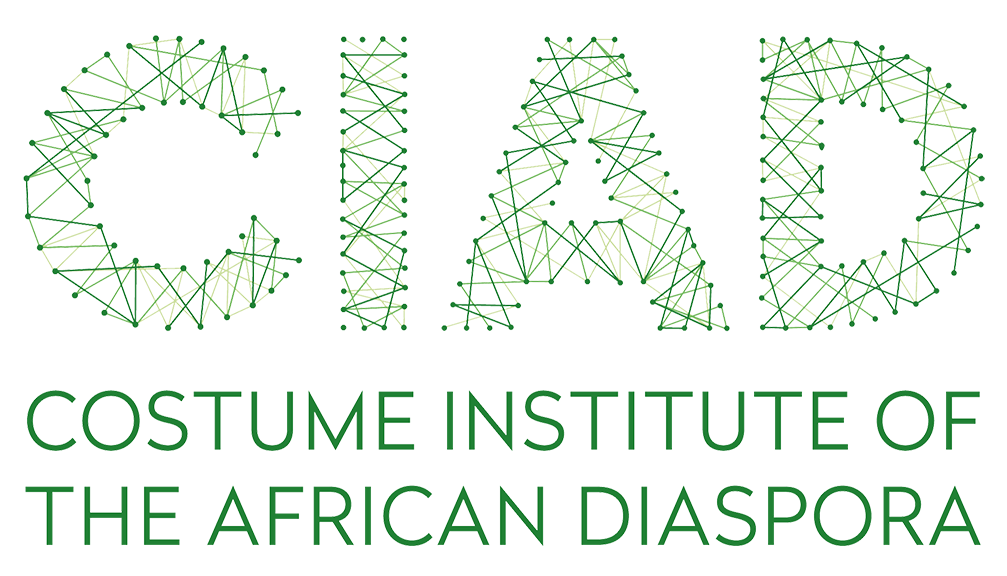366 bell hooks From bell hooks,
“Eating the other: Desire and resistance.” In Black Looks: Race and Representation, pp. 21–39. Boston: South End Press, 1992. 24
Eating the Other: Desire and Resistance bell hooks
This is theory’s acute dilemma: that desire expresses itself most fully where only those absorbed in its delights and torments are present, that it triumphs most completely over other human preoccupations in places sheltered from view. Thus it is paradoxically in hiding that the secrets of desire come to light, that hegemonic impositions and their reversals, evasions, and subversions are at their most honest and active, and that the identities and disjunctures between felt passion and established culture place themselves on most vivid display. – Joan Cocks, The Oppositional Imagination Within current debates about race and difference, mass culture is the contemporary location that both publicly declares and perpetuates the idea that there is pleasure to be found in the acknowledgment and enjoyment of racial difference. The commodification of Otherness has been so successful because it is offered as a new delight, more intense, more satisfying than normal ways of doing and feeling. Within commodity culture, ethnicity becomes spice, seasoning that can liven up the dull dish that is mainstream white culture. Cultural taboos around sexuality and desire are transgressed and made explicit as the media bombards folks with a message of difference no longer based on the white supremacist assumption that “blondes have more fun.” The “real fun” is to be had by bringing to the surface all those “nasty” unconscious fantasies and longings about contact with the Other embedded in the secret (not so secret) deep structure of white supremacy. In many ways it is a contemporary revival of interest in the “primitive,” with a distinctly postmodern slant. As Marianna Torgovnick argues in Gone Primitive: Savage Intellects, Modern Lives: Eating the Other 367
What is clear now is that the West’s fascination with the primitive has to do with its own crises in identity, with its own need to clearly demarcate subject and object even while flirting with other ways of experiencing the universe.
